All Des Moines Addiction Treatment Centers
-
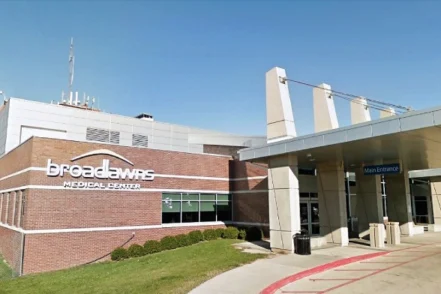
Broadlawns Medical Center New Connections
1801 Hickman Road
Des Moines, Iowa 50314Treatment Programs
- Alcohol Rehab
- Dual Diagnosis
- Opioid Addiction
- +4
Insurance
- Medicaid
- Private insurance
- +5
-
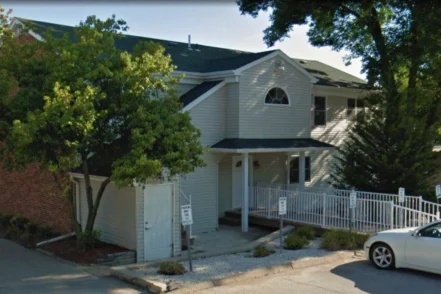
Alternative Interventions
3116 Ingersoll Avenue
Des Moines, Iowa 50312Treatment Programs
- Alcohol Rehab
- Opioid Addiction
- Drug Rehab
- +4
Insurance
- Self-pay options
-
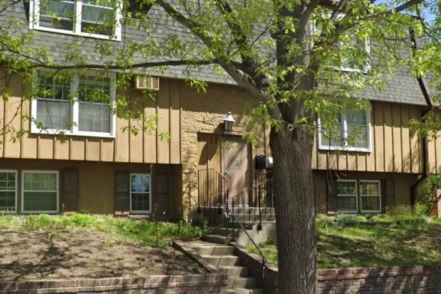
Beacon of Life
1717 Woodland Avenue
Des Moines, Iowa 50309Treatment Programs
- Alcohol Rehab
- Dual Diagnosis
- Opioid Addiction
- +3
Insurance
- Self-pay options
- Medicaid
- +1
-
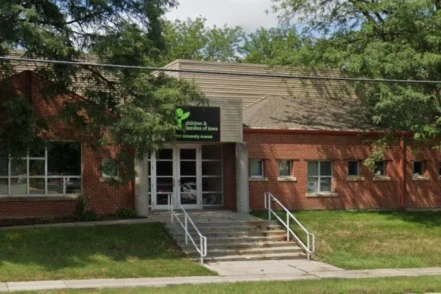
Children and Families Des Moines
1111 University Avenue
Des Moines, Iowa 50314Treatment Programs
- Dual Diagnosis
- Young Adult Rehab
- Adult Program
- +3
Insurance
- Medicaid
- Private insurance
- +2
-
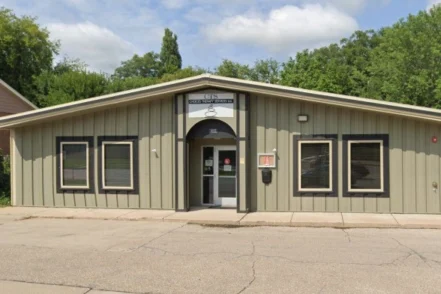
Choices Therapy Services
3805 Lower Beaver Road
Des Moines, Iowa 50310Treatment Programs
- Dual Diagnosis
Insurance
- Medicaid
- Self-pay options
- +1
-
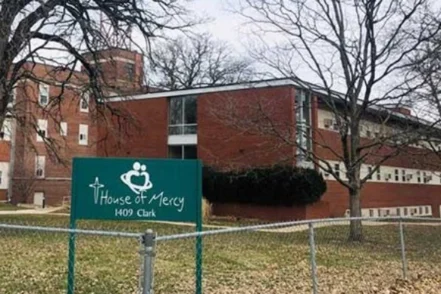
House of Mercy Des Moines
1409 Clark Street
Des Moines, Iowa 50314Treatment Programs
- Alcohol Rehab
- Dual Diagnosis
- Opioid Addiction
- +6
Insurance
- Medicaid
- Private insurance
- +4
-

Integrative Counseling Solutions
1200 Valley West Dr., Suite 306
Des Moines, Iowa 50266Treatment Programs
- Dual Diagnosis
- Drug Rehab
-
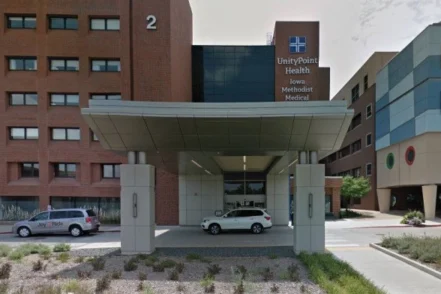
Iowa Methodist Medical Center Outpatient
1200 Pleasant Street
Des Moines, Iowa 50309Treatment Programs
- Alcohol Rehab
- Dual Diagnosis
- Opioid Addiction
- +4
Insurance
- Self-pay options
- Private insurance
- +2
-
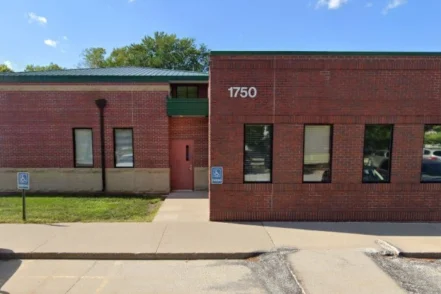
Mercy First Step Recovery Center
1750 48Th Street, Suite 2
Des Moines, Iowa 50310Treatment Programs
- Alcohol Rehab
- Dual Diagnosis
- Opioid Addiction
- +5
Insurance
- Medicaid
- Private insurance
- +6
-
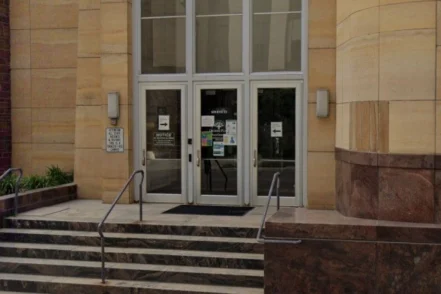
Orchard Place PACE Center
620 8th Street
Des Moines, Iowa 50309Treatment Programs
- Young Adult Rehab
- Alcohol Rehab
- Drug Rehab
- +1
-
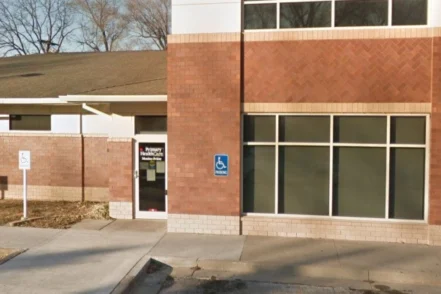
PHC Primary Health Care East Side Medical
3509 East 29Th Street
Des Moines, Iowa 50317Treatment Programs
- Alcohol Rehab
- Dual Diagnosis
- Opioid Addiction
- +5
Insurance
- Medicaid
- Private insurance
- +5
-
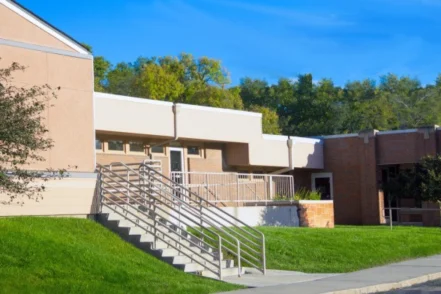
PHC Primary Health Care Engebretsen Medical Clinic
2353 Se 14Th Street
Des Moines, Iowa 50320Treatment Programs
- Alcohol Rehab
- Dual Diagnosis
- Opioid Addiction
- +5
Insurance
- Medicaid
- Private insurance
- +5
-
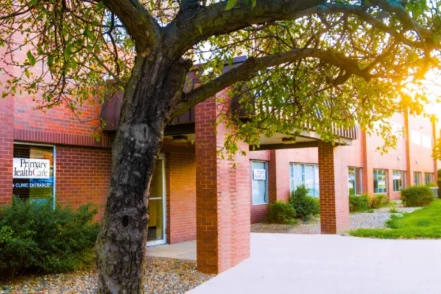
PHC Primary Health Care University Clinic
1200 University Avenue, Suite 120
Des Moines, Iowa 50314Treatment Programs
- Alcohol Rehab
- Dual Diagnosis
- Opioid Addiction
- +5
Insurance
- Medicaid
- Private insurance
- +5
-
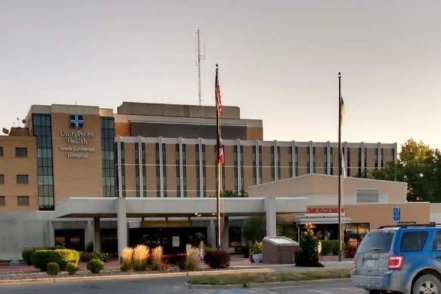
Powell Chemical Dependency Center
700 East University Avenue
Des Moines, Iowa 50316Treatment Programs
- Alcohol Rehab
- Dual Diagnosis
- Opioid Addiction
- +5
Insurance
- Medicaid
- Private insurance
- +3
-
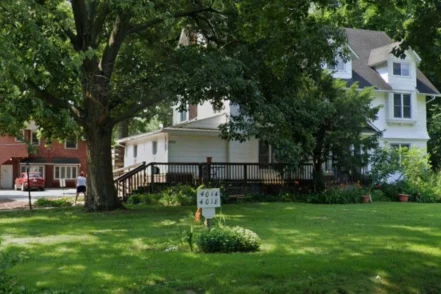
Prelude Behavioral Services Bernie Lorenz Recovery
4014 Kingman Boulevard
Des Moines, Iowa 50311Treatment Programs
- Alcohol Rehab
- Dual Diagnosis
- Opioid Addiction
- +3
Insurance
- Medicaid
- Private insurance
- +5
Other Nearby Cities
Top Drug Rehab Centers in Iowa
-
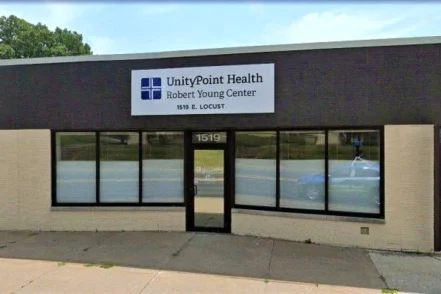 Iowa
IowaCADS Center for Alcohol and Drug Services Locust
1519 East Locust Street Davenport, Iowa 52803
Treatment Programs
- Alcohol Rehab
- Dual Diagnosis
- Opioid Addiction
- +5
-
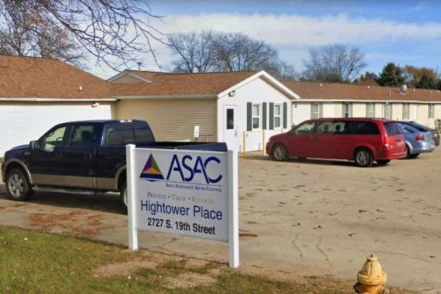 Iowa
IowaASAC Area Substance Abuse Council Hightower Place
2727 South 19Th Street Clinton, Iowa 52732
Treatment Programs
- Alcohol Rehab
- Opioid Addiction
- Drug Rehab
- +3
-
 Iowa
IowaBroadlawns Medical Center New Connections
1801 Hickman Road Des Moines, Iowa 50314
Treatment Programs
- Alcohol Rehab
- Dual Diagnosis
- Opioid Addiction
- +4
-
 Iowa
IowaASAC Area Substance Abuse Council ND Housing
2733 South 19th Street Clinton, Iowa 52732
Treatment Programs
- Alcohol Rehab
- Opioid Addiction
- Drug Rehab
- +4
-
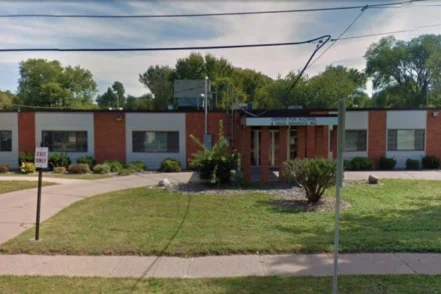 Iowa
IowaCenter for Alcohol and Drug Services CADS Fairmount
1523 South Fairmount Street Davenport, Iowa 52802
Treatment Programs
- Drug Rehab
- Adult Program
- Women's Rehab
- +0
-
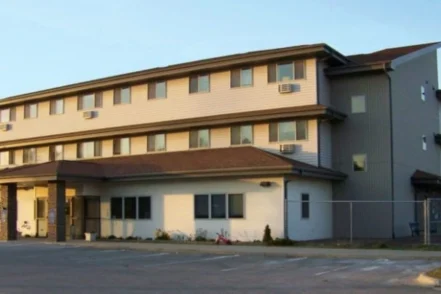 Iowa
IowaPrelude Behavioral Services Synchrony
438 Southgate Avenue Iowa City, Iowa 52240
Treatment Programs
- Alcohol Rehab
- Dual Diagnosis
- Opioid Addiction
- +4
-
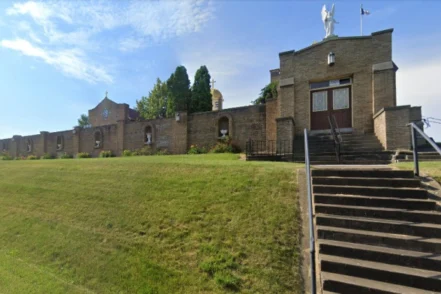 Iowa
IowaThe Abbey Center
1401 Central Avenue Bettendorf, Iowa 52722
Treatment Programs
- Alcohol Rehab
- Dual Diagnosis
- Opioid Addiction
- +4
-
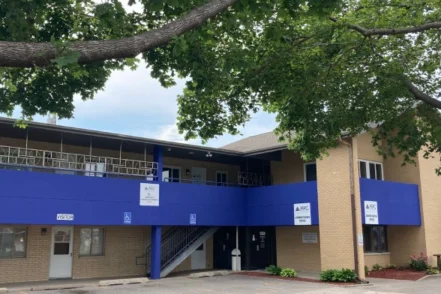 Iowa
IowaASAC Area Substance Abuse Council Main Campus
3601 16Th Avenue Sw Cedar Rapids, Iowa 52404
Treatment Programs
- Alcohol Rehab
- Opioid Addiction
- Drug Rehab
- +4
-
 Iowa
IowaAlcohol and Drug Dependency Services ADDS Burlington
1340 Mount Pleasant Street Burlington, Iowa 52601
Treatment Programs
- Alcohol Rehab
- Dual Diagnosis
- Opioid Addiction
- +5
-
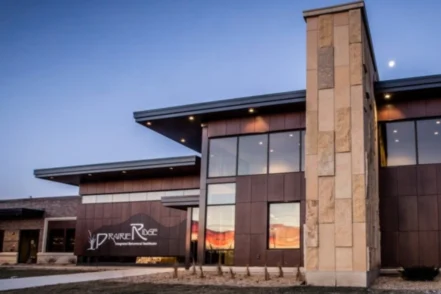 Iowa
IowaPrairie Ridge Integrated Behavioral Healthcare Mason City
320 North Eisenhower Avenue Mason City, Iowa 50402
Treatment Programs
- Alcohol Rehab
- Dual Diagnosis
- Opioid Addiction
- +4
